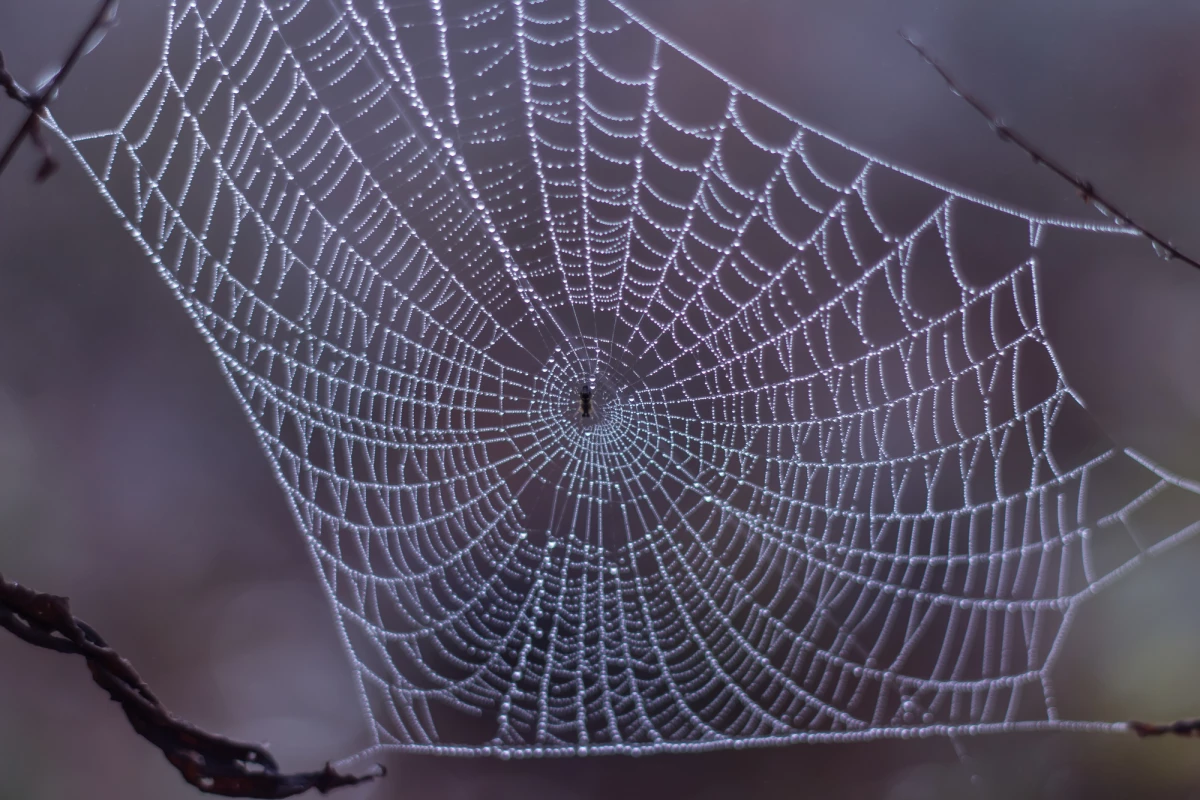The incredible properties of spider silk have seen it weave its way into the world of medical research, where it has shown potential in areas ranging from gene therapy to reconstructive surgery. Scientists exploring its potential in next-generation cancer therapies have found yet another use for the natural material, using it to stabilize and enhance a cancer-killing protein known as the "guardian of the genome."
The discovery is the handiwork of cancer researchers at the Karolinska Institutet (KI) in Sweden, who were studying how a protein called p53 influences the development of cancer, along with the p53 gene that encodes for it. This protein earns its guardian moniker from the role it plays in keeping an eye out for cell division, hitting pause on this process if it identifies DNA damage or a mutation, and preventing damaged cells from turning cancerous.
Mutations or other forms of dysfunction in the p53 gene are linked to half of all cancers, making it one of the most common genetic changes seen in cancer and a key point of focus for scientists pursuing new forms of treatment. One of the shortcomings of the p53 protein, however, is a tendency to break down rapidly in the cells, so the KI scientists teamed up with researchers at the university's Department of Biosciences and Nutrition to see if nature could provide some solutions.
“The problem is that cells only make small amounts of p53 and then quickly break it down as it is a very large and disordered protein,” says study author Michael Landreh. “We’ve been inspired by how nature creates stable proteins and have used spider silk protein to stabilize p53. Spider silk consists of long chains of highly stable proteins, and is one of nature’s strongest polymers.”
The scientists took a small section of a synthetic spider silk protein and attached it to a human p53, forming a spider-silk-p53 fusion protein. Introducing this chimeric protein to cells in in vitro experiments saw those cells begin to produce it in large numbers, with the protein proving more stable than regular p53, with enhanced cancer-killing capabilities.
By using a combination of electron microscopy, computer simulations and mass spectrometry, the researchers were able to dig into the reasons why the addition of the spider silk protein has these effects. They say it is likely that it adds structure to what are disordered sections within the p53 protein, though the novel protein's structure and effects on healthy cells will be subject to further study.
“Creating a more stable variant of p53 in cells is a promising approach to cancer therapy, and now we have a tool for this that’s worth exploring,” says co-author and senior professor Sir David Lane at Karolinska Institutet. “We eventually hope to develop an mRNA-based cancer vaccine, but before we do so we need to know how the protein is handled in the cells and if large amounts of it can be toxic.”
The research was published in the journal Structure.
Source: Karolinska Institutet




